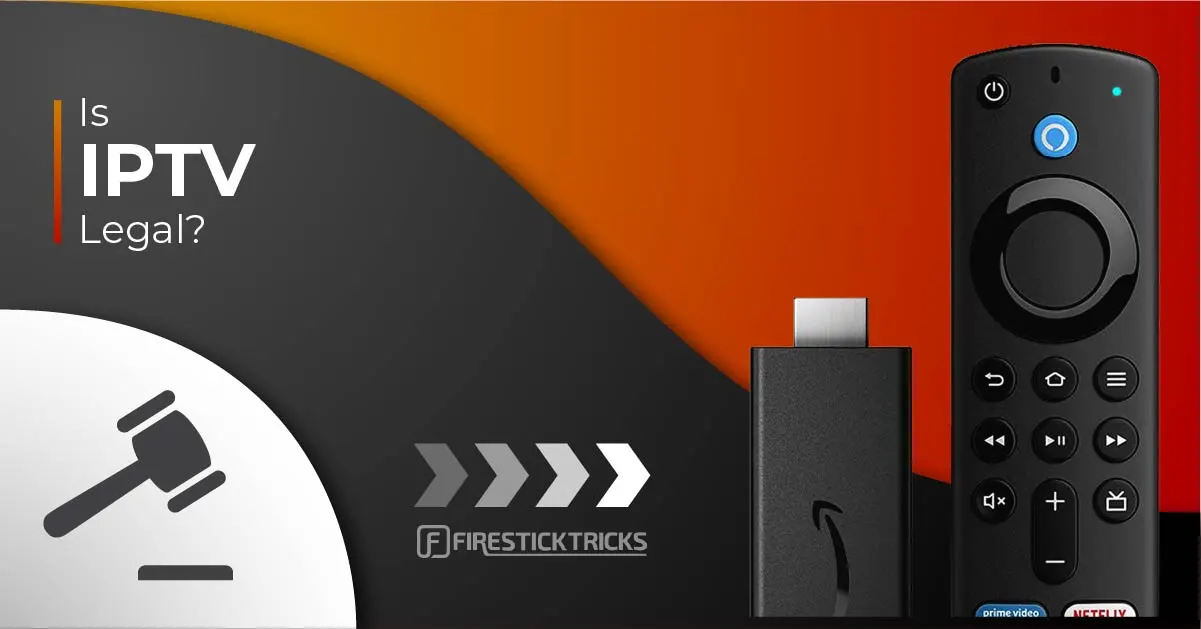Regarding entertainment, how we consume television has dramatically changed over the years. One of the most significant shifts has been the rise of Internet Protocol Television, or IPTV. But, a burning question often arises among viewers: is IPTV legal? In this article, we’ll delve deep into the intricacies of IPTV, examining its legality, implications, and what you need to know to enjoy this service without any worries.
What is IPTV?
IPTV stands for Internet Protocol Television. Unlike traditional cable or satellite services, IPTV delivers television content online. This means that instead of receiving signals through satellite dishes or coaxial cables, viewers access their favorite shows and channels through an internet connection.
How Does IPTV Work?
IPTV works by transmitting data through packets over the internet. Here’s a simple breakdown of how it operates:
- Streaming: Content is streamed directly to your device (like a smart TV, computer, or tablet) rather than being downloaded.
- Protocols: IPTV uses various protocols to deliver content, such as HTTP (Hypertext Transfer Protocol) or RTSP (Real-Time Streaming Protocol).
- Service Providers: There are different IPTV service providers, including legitimate services like Hulu and Netflix, and illegal providers offering pirated content.
The Legality of IPTV
So, is IPTV legal? The answer isn’t straightforward, as it depends on several factors:
Legal IPTV Services
Many IPTV services operate within the law by obtaining rights and licenses to broadcast content. Examples include:
- Major streaming platforms: Services like Netflix, Hulu, and Amazon Prime Video offer IPTV legally. They pay for the content they distribute and follow copyright laws.
- Telecom companies: Some providers bundle IPTV services with internet subscriptions, ensuring they have the necessary licenses.
Illegal IPTV Services
On the flip side, there are IPTV providers that distribute pirated content without proper licenses. These services can be risky for users. Here’s why:
- Legal Risks: These services may expose users to legal actions, including fines.
- Security Risks: Illegal IPTV services can compromise user data, exposing them to hacking and malware.
- Unstable Services: Pirated content often leads to poor-quality streams and frequent interruptions.
Key Takeaway
While some IPTV services are entirely legal, others are not. It’s crucial to differentiate between them. Always research and ensure your IPTV provider has the right to distribute content.
How to Identify Legal IPTV Services
To ensure you’re using a legal IPTV service, consider the following tips:
- Check Licensing: A legitimate service will be transparent about its licensing agreements.
- Read Reviews: Look for customer reviews and ratings. If many users report legal issues, steer clear.
- Customer Support: Legal providers usually offer customer support and have a clear contact method.
The Implications of Using Illegal IPTV Services
Using illegal IPTV services can have significant repercussions. Here are some of the potential consequences:
- Legal Action: Authorities may take action against providers and users, leading to fines or lawsuits.
- Account Suspension: Internet Service Providers (ISPs) can suspend accounts involved in illegal streaming.
- Loss of Data: Illegal IPTV services may collect user data, leading to identity theft or privacy breaches.
International Perspectives on IPTV Legality
The legality of IPTV varies significantly across different countries. Here’s a snapshot of how various regions view IPTV:
CountryLegal StatusNotes
United States, Mixed Legal IPTV services are prevalent, but illegal services are common.
United Kingdom Legal with licensing Strict regulations for illegal IPTV services.
Canada Similar to the U.S. Many legal options, but illegal services are still accessed.
Australia Mostly legal Legal services dominate the market, with enforcement against piracy.
Future of IPTV: What Lies Ahead?
The future of IPTV looks bright, with technology advancing and viewer preferences shifting towards on-demand content. Here are some trends to keep an eye on:
- Increased Legitimacy: As demand grows, more companies will seek to offer legal IPTV services.
- Enhanced Technology: Stream quality and user experience improvements are on the horizon.
- Regulatory Changes: As IPTV becomes more popular, governments may introduce new regulations to protect copyright holders.
Conclusion: Navigating the IPTV Landscape
In conclusion, whether IPTV is legal Depends on the provider you choose. While many reputable services offer legal content, illegal IPTV providers can pose numerous risks. Always conduct thorough research and opt for legitimate services to enjoy the vast world of IPTV without any concerns.
With the landscape constantly evolving, staying informed is essential. So, whether you’re a seasoned viewer or new to the IPTV game, understanding these nuances will help you navigate this exciting medium confidently. Enjoy your viewing experience, and remember a choosing the right IPTV service matters.

